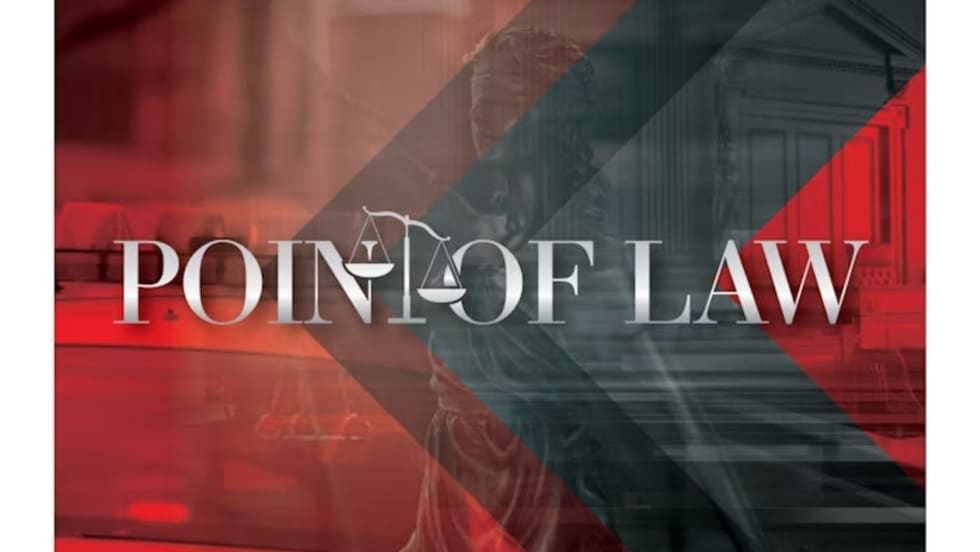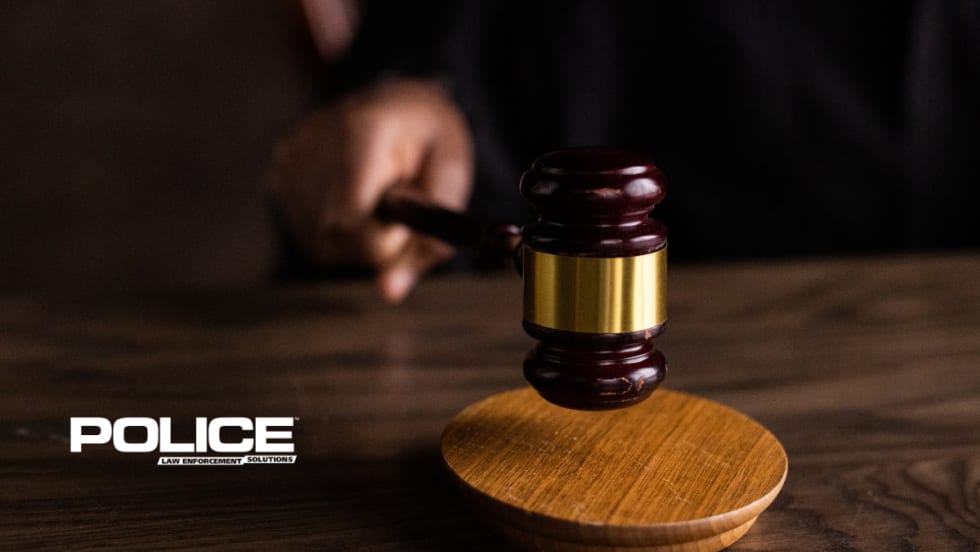The Trump administration quietly issued a memo—signed by White House Chief of Staff John Kelly, not President Donald Trump—allowing military troops deployed to the southern border to engage in some limited law enforcement capacity "that the Secretary of Defense determines are reasonably necessary," according to Army Times.
Trump Administration Gives Some Police Power to Troops Deployed at Southern Border
The Trump administration quietly issued a memo—signed by White House Chief of Staff John Kelly—allowing military troops deployed to the southern border to engage in some limited law enforcement capacity "that the Secretary of Defense determines are reasonably necessary."

The police powers granted to the military—a show or use of force (including lethal force, where necessary), crowd control, temporary detention, and cursory search—may run afoul of the 1878 Posse Comitatus Act, which limits the use of federal military personnel to enforce domestic policies except in situations specifically authorized by the Constitution or Congress.
The act does not apply to the National Guard or the Coast Guard, allowing those military departments to participate in domestic law enforcement activities such as crowd control and drug interdiction.
According to Army Times, military forces always have the inherent right to self-defense, but defense of the border agents on U.S. soil is new. In addition, troops have been given additional authorities in previous years to assist border agents with drug interdictions, but the widespread authorization of use of force for thousands of active-duty troops is unique to this deployment.
More Point of Law

Point of Law: The Limits of Electronic Searches
Can an individual be prosecuted for despicable criminal conduct based on evidence obtained in violation of the United States Constitution? Ultimately, the Ninth Circuit judges wrote, “In the circumstances of this case (United States v. Holcomb, 23-469 (9th Cir. 2025)), respect for the Constitution and the rule of law requires an answer of “no.”
Read More →
Trump Issues Order Cutting Federal Funding in Cashless Bail Jurisdictions
<strong>“</strong>Cashless bail policies allow dangerous individuals to immediately return to the streets and further endanger law-abiding, hard-working Americans because they know our laws will not be enforced,” the administration said.
Read More →
Justice Department Sues Los Angeles Over Sanctuary Policies
The DOJ said in a press release that the “sanctuary city” policies of the City of Los Angeles are illegal under federal law.
Read More →
Understanding Officer-Created Jeopardy
Officers can be criminally prosecuted for using force when their actions led to escalation during contact with subjects.
Read More →
Point of Law: The Limitations of Search Warrants
In the Tenth Circuit case of Cuervo v. Sorenson, the Court ruled officers cannot deviate from the language of the warrant.
Read More →
DOJ Dismisses Consent Decrees Affecting Louisville and Minneapolis Police
The Civil Rights Division will be taking all necessary steps to dismiss the Louisville and Minneapolis lawsuits with prejudice, to close the underlying investigations into the Louisville and Minneapolis police departments.
Read More →
New Michigan Bill would Give Officers Civil Immunity in Self-Defense Cases
House Bill 4404 would create a presumption of civil immunity for individuals who are cleared criminally after using force in self-defense, shifting the burden of proof onto plaintiffs.
Read More →
Seattle to Pay Police Captain $1 Million to Settle Lawsuit
Seattle police Capt. Eric Greening sued former Chief Adrian Diaz last year alleging that Diaz retaliated when Greening brought up concerns about racial and gender discrimination.
Read More →
Washington Agencies Ordered to Not Delete Critical Facebook Contents
Jim Leighty, a local activist, filed two federal lawsuits last year claiming both agencies deleted or hid critical comments he had written below multiple posts, while keeping comments that were pro-police in nature.
Read More →
Washington State Attorney General Sues Sheriff for Helping Immigration Enforcement
The lawsuit claims the Adams County Sheriff’s Office has illegally held people in custody based only on their immigration status, helped federal agents question people in custody, and given immigration officials confidential personal information.
Read More →
